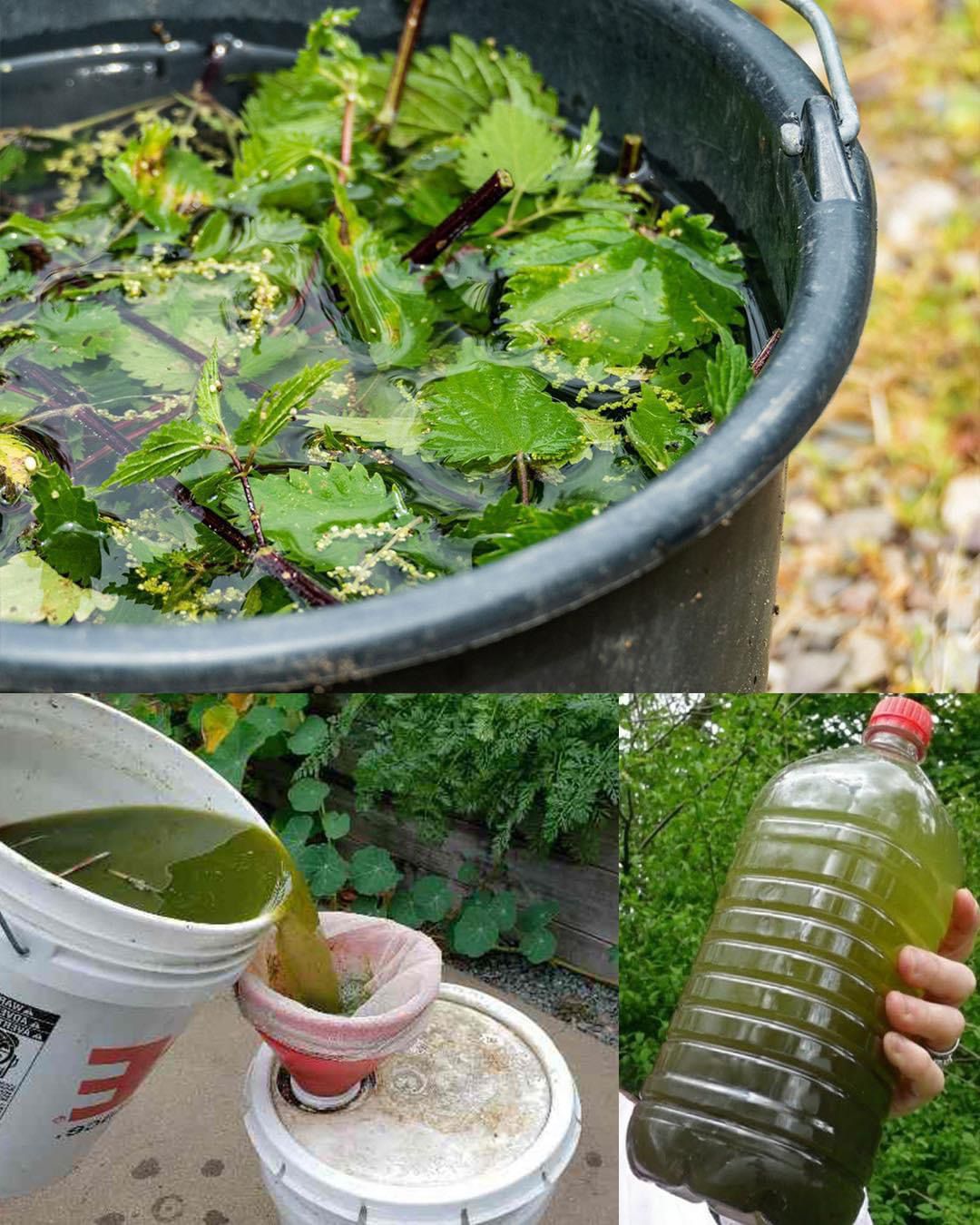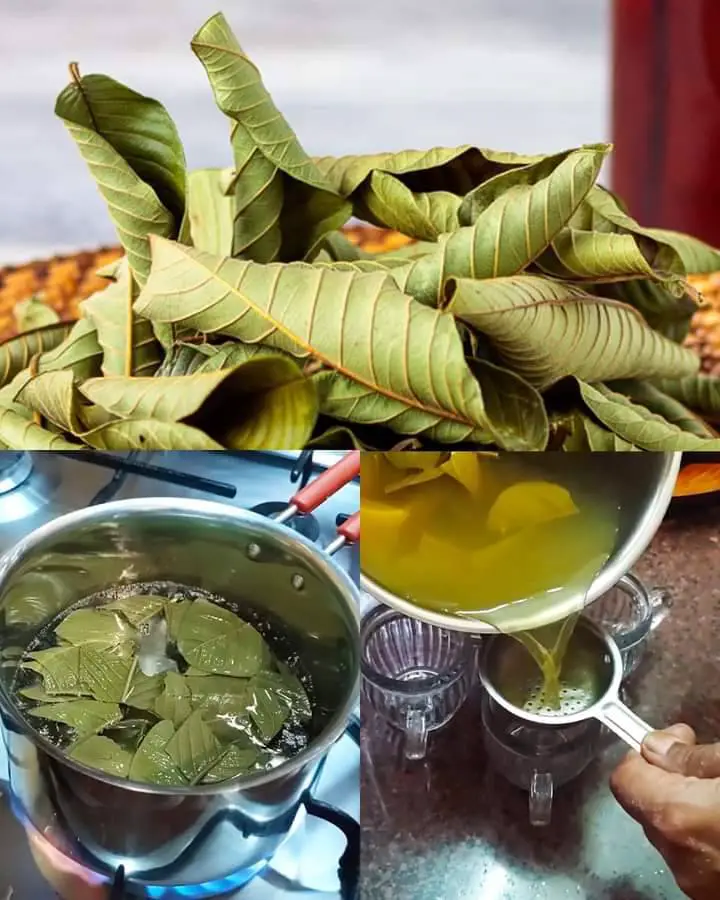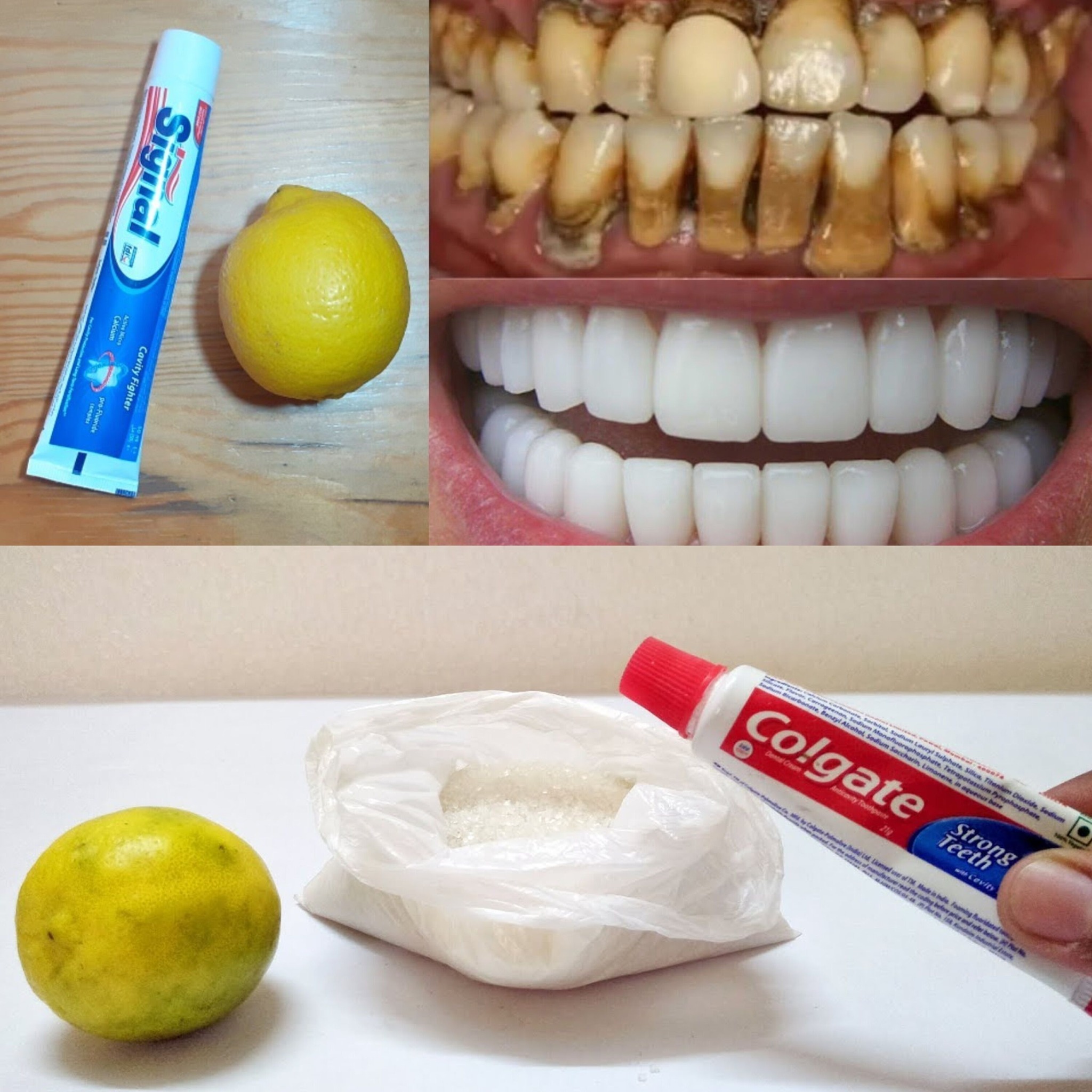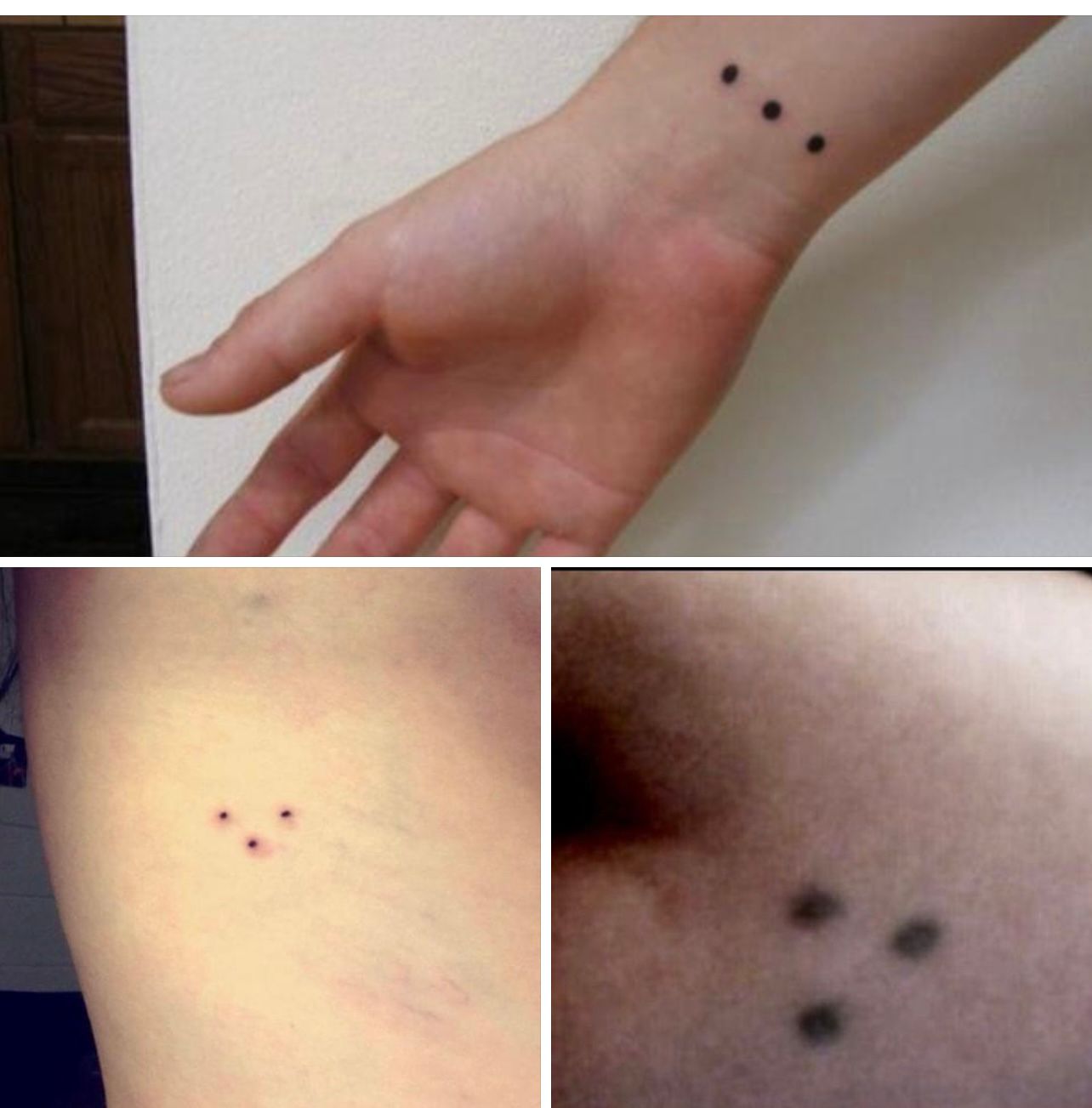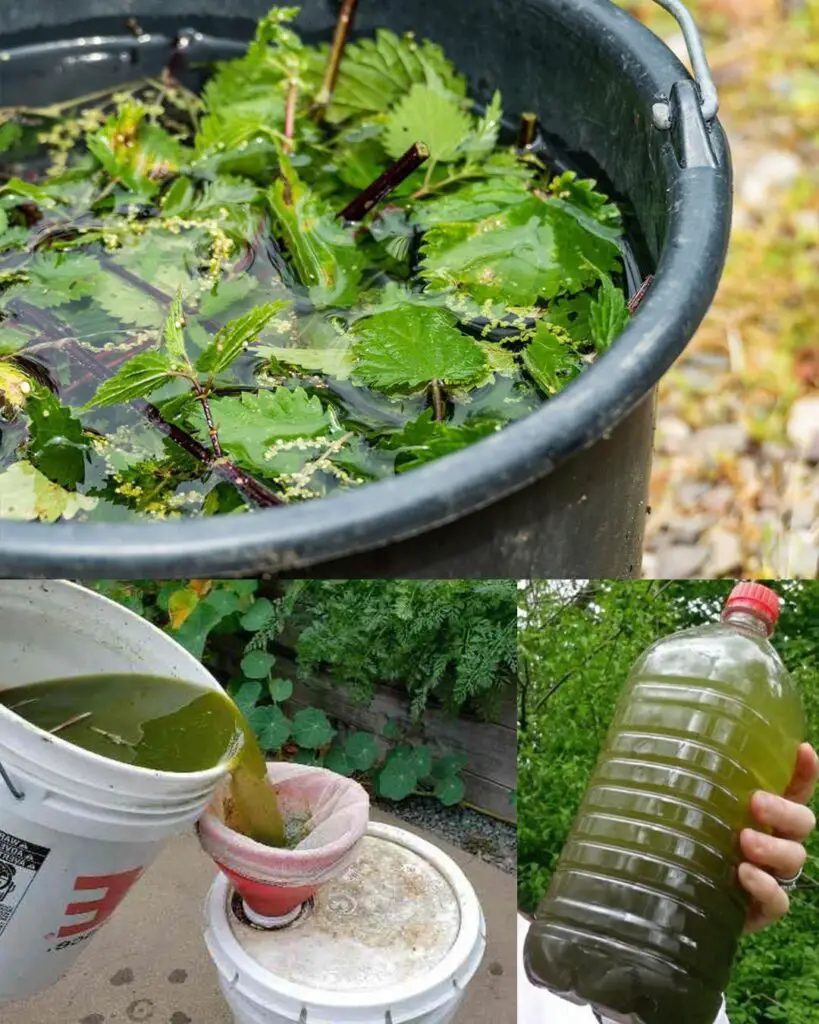
Nettle fertilizer and nettle insecticide are very useful in organic gardening. They are simple to create, good for the environment, and have many advantages for your garden. In this article, we will discuss the importance of remedies made from nettles, discover how to prepare them, and learn how to use them properly.
The Significance of Using Nettle Fertilizer
Nettle fertilizer, also known as nettle tea or liquid nettle fertilizer, is a natural plant feed that is full of nutrients. It can greatly improve the health and productivity of your garden. Here is why it matters:
Full of nutrients: Nettles contain important nutrients like nitrogen, potassium, phosphorus, and small amounts of minerals. These substances are very important for plants to grow and develop.
Better Soil Quality: Nettle fertilizer adds organic material to the soil, which enhances its structure, ability to retain water, and the availability of nutrients.
Natural Pest Repellent: The powerful smell of nettle fertilizer can keep away certain garden pests, which means less need for chemical insecticides.
Cost-effective: Creating your own nettle fertilizer saves money and decreases the necessity for purchasing fertilizers from stores.
How to Create Fertilizer from Nettles
Creating nettle fertilizer is an easy process. Here is a guide with clear steps:
List of items needed:
New leaves of the nettle plant (use gloves when touching them).
A big container or bucket
H2O
Directions:
Pick nettle leaves: Get fresh nettle leaves in the spring or early summer. Make sure to wear gloves to prevent getting stung.
Put water in a big container or bucket. The amount of water you should use depends on how many nettle leaves you have.
Put nettle leaves in the water container. Use about 1 handful of nettle leaves for every 10 handfuls of water. For instance, if you have a lot of nettle leaves, use ten times more water.
Soak the leaves: Let the nettle leaves sit in the water for around two to three weeks. Mix the ingredients well every few days to let air in.
Filter and use: Once the soaking time is over, filter the liquid into a different container. The liquid that remains is your nettle fertilizer. You can make it weaker by adding water (usually mix 1 part nettle fertilizer with 10 parts water) before applying it to your plants.
The Significance of Using Nettle as an Insect Repellent
Nettle insecticide, also called nettle-based pest spray, is a natural and environmentally friendly way to control pests in the garden. Here’s why it matters:
Eco-friendly: Nettle insecticide is a natural and chemical-free option instead of synthetic insecticides. It helps protect beneficial insects and the environment.
Low Cost: Creating your own insecticide from nettles is affordable and environmentally friendly, decreasing the reliance on costly store-bought alternatives.
Good Pest Control: Nettle insecticide is useful for getting rid of many common garden pests like aphids, caterpillars, and mites.
How to Create a Bug Repellent with Nettles
Making insecticide from nettles is easy. Here is a simple guide to help you begin:
List of ingredients:
New nettle leaves (use gloves when touching).
H2O
Organic and non-toxic soap.
Directions:
Gather nettle leaves: Just like with nettle fertilizer, pick fresh nettle leaves in the growing season, making sure to wear gloves.
Fill a recipient with water, using approximately 1 part nettle leaves for every 5 parts of water. For instance, if you have a container of nettle leaves, use five containers of water.
Include nettle leaves: Put the nettle leaves in the water and leave them to soak for approximately 24 hours.
Filter the liquid: Once it has soaked, filter the liquid into a spray bottle.
Include soap: Put a small amount of natural, safe soap into the mixture. The soap helps the solution stick to the bugs and plants.
Spray the nettle insecticide directly on the plants that have bugs. Remember to spray both the top and bottom of the leaves. Do the same thing again if necessary, usually every 7-10 days.
Nettle fertilizer and nettle insecticide are important for gardeners who focus on organic and sustainable methods. These DIY remedies have many advantages, like improving soil quality, helping plants grow, and controlling garden pests. By learning how to create and use products made from nettles, you can improve your garden’s health and productivity while using fewer chemical fertilizers and insecticides.
Did this inspire you? Share the article with your friends! -> Tell your friends about the article!
